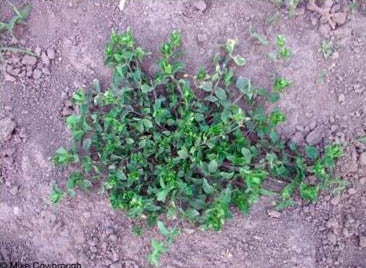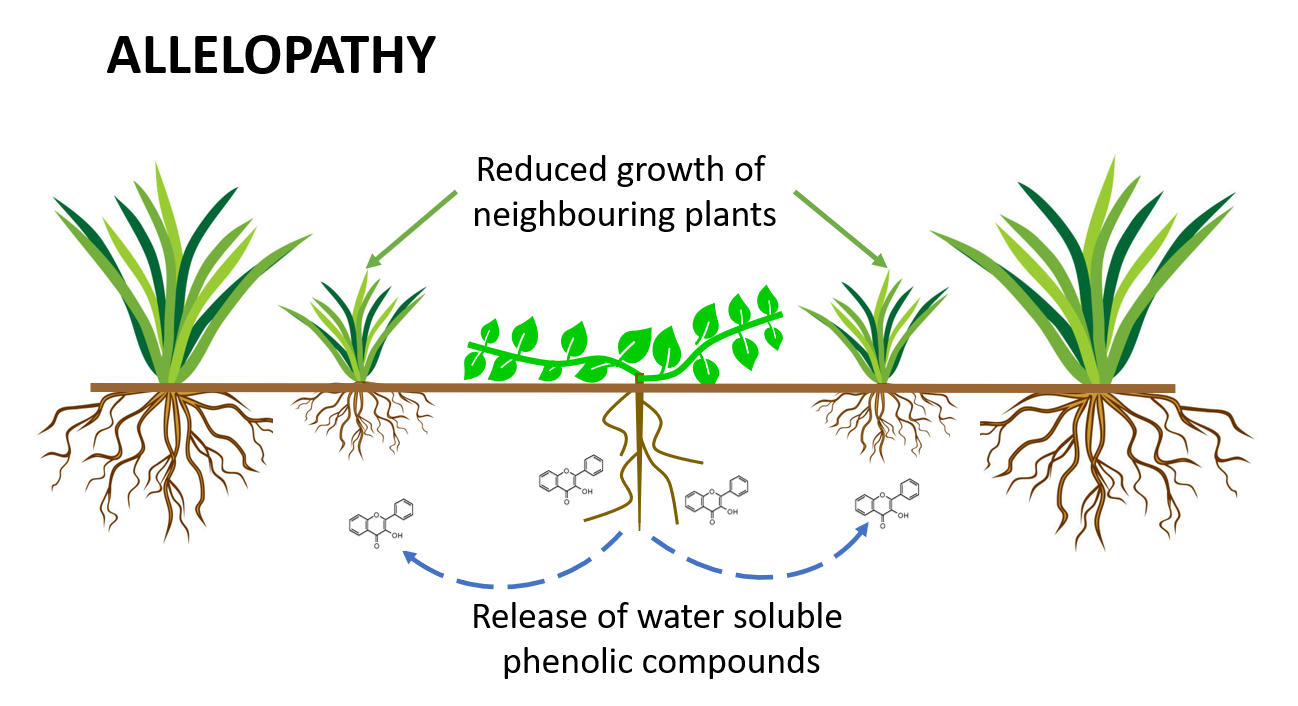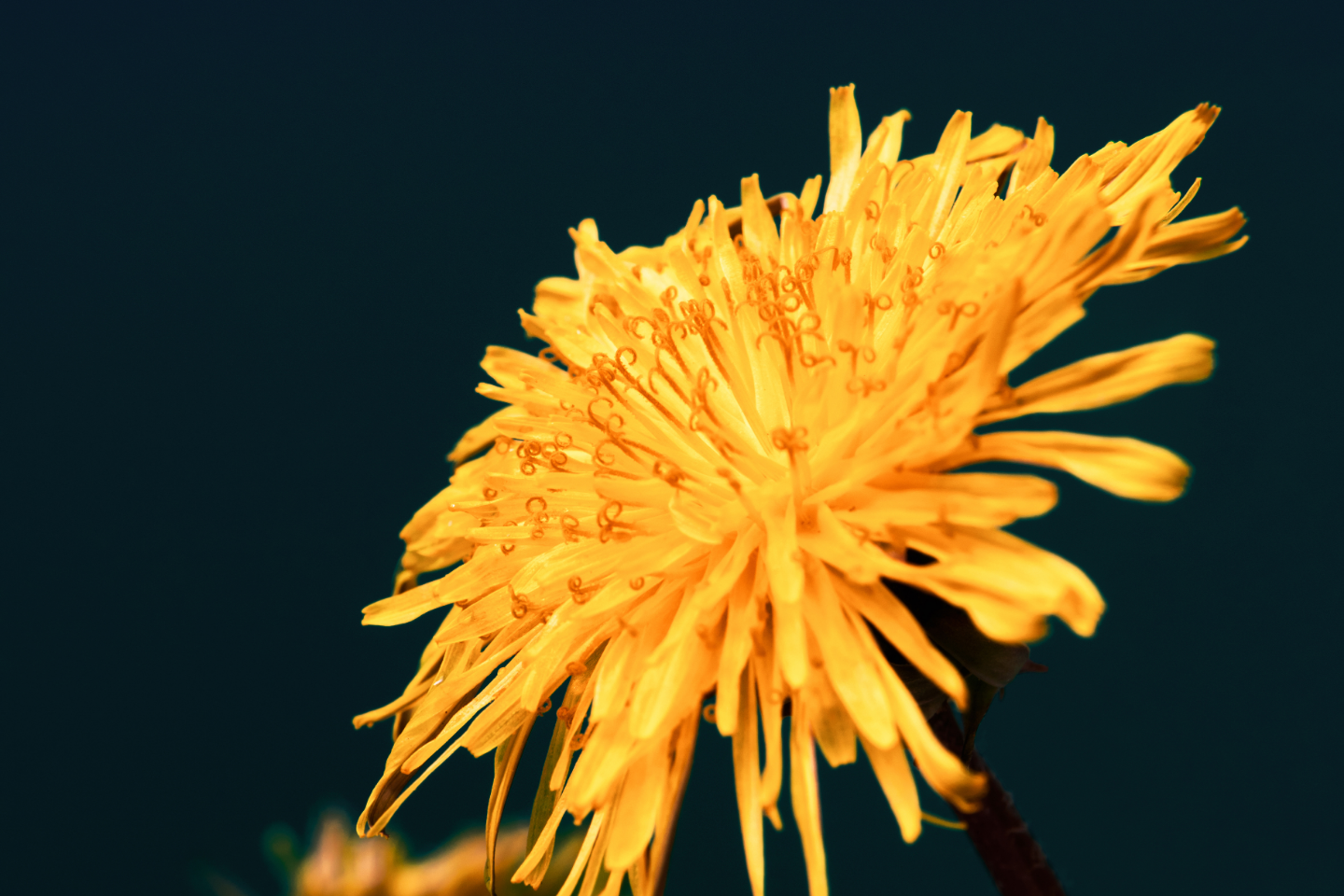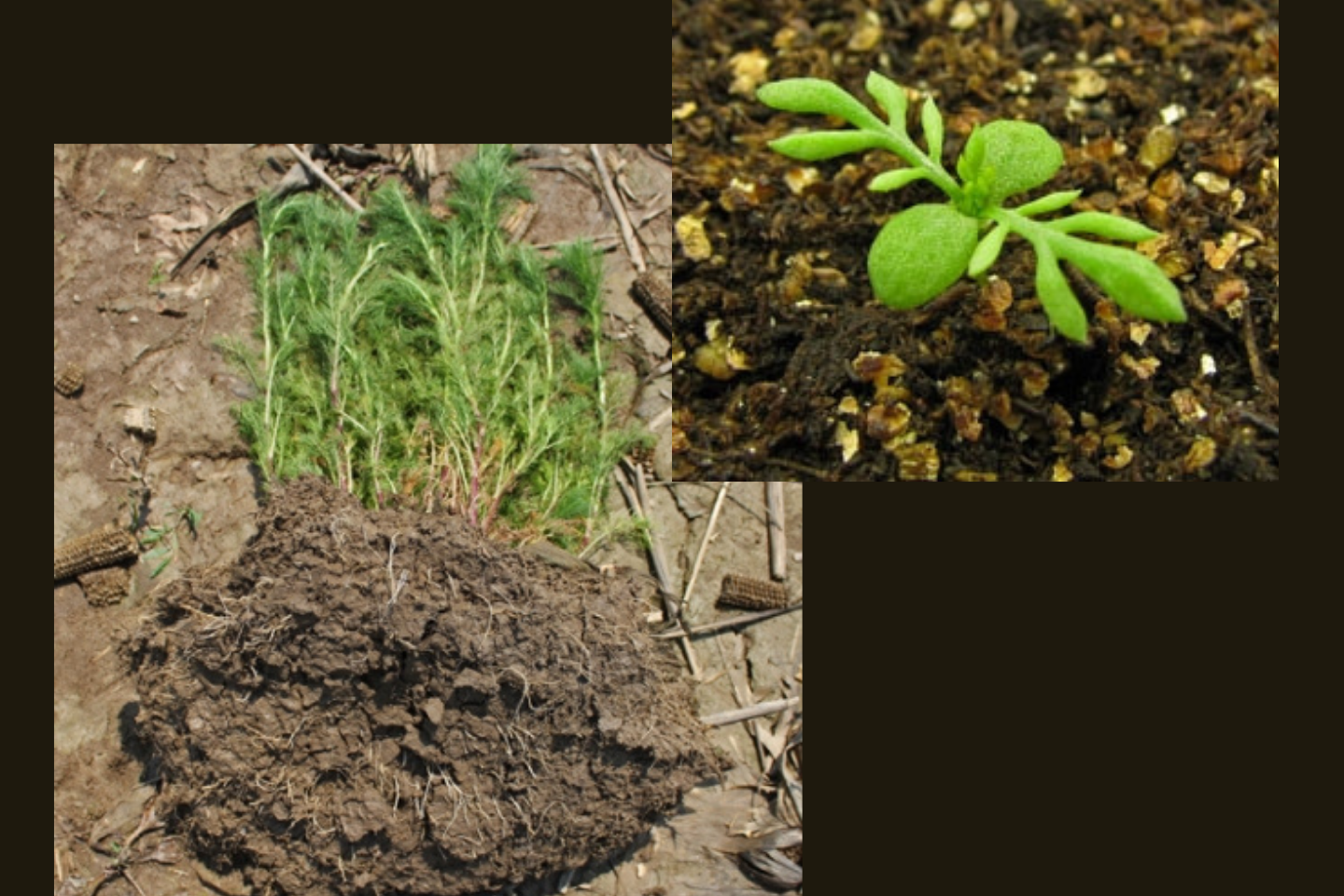Problem
A single common chickweed plant can produce up to 20,000 seeds, can overwinter along with winter wheat, and can be very competitive. If left unchecked, Common Chickweed can lead to yield losses of up to 32% in winter wheat.
Solution
Option 1: New emerged chickweed is out competed by the winter wheat in the spring. A spring application of a post-emerge herbicide that kills overwintered common chickweed rosettes can prevent yield losses from this weed.
Option 2: Ridgetown (UofG) trials show that herbicides containing Tribenuron are the most effective at controlling chickweed in winter wheat. Apply Express® SG Herbicide pre-plant in the fall or Refine® M Herbicide and Barricade® M Herbicide in the spring to control this weed.
What the Research Says
Common chickweed (Stellaria media)
Common chickweed is a creeping annual or winter annual weed. Generally, it germinates in the fall, overwinters as a rosette, and flowers in the spring and summer. A single common chickweed plant can produce up to 20,000 seeds, which can germinate and emerge from depths of up to 2 cm. Common chickweed enjoys growing in moist soils and below the canopy of tall plants, such as winter wheat.

Common chickweed in winter wheat
Common chickweed rosettes, that overwinter along with winter wheat, can be very competitive. Studies suggest that, if left unchecked, common chickweed can lead to yield losses of up to 32% in winter wheat. Because common chickweed can also germinate in the spring and early summer (before it gets too hot), the application of herbicides with residual would be ideal, however, no such products are currently available for winter wheat in Eastern Canada. Luckily, newly spring emerged chickweed is typically out competed by the established winter wheat. Therefore, the spring application of a post-emergent herbicide that will eliminate the overwintered common chickweed rosettes is likely sufficient to prevent yield losses from this weed. Trials conducted at Ridgetown (University of Guelph) have shown that herbicides containing Tribenuron are the most effective at controlling common chickweed in winter wheat.
Allelopathy
Some plants have evolved a way to outcompete their neighbours, by producing and releasing chemicals that interfere with the growth of neighbouring plants. This phenomenon is called allelopathy. A Canadian study in 1998 demonstrated that common chickweed can produce water soluble phenolic compounds that cause negative allelopathic effects on neighbouring winter wheat, resulting in reduced wheat growth.

References
Soltani, N.,Shropshire, C. and Sikkema, P.H. (2019) Control of Common Chickweed in Winter Wheat with Postemergence Herbicides. American Journal of Plant Sciences, 10, 2012-2019.
Inderjit, K. and Dakshini, K.M.M. (1998) Allelopathic Interference of Chickweed, Stellaria media with Seedling Growth of Wheat (Triticum aestivum). Canadian Journal of Botany, 76, 1317-1321.



